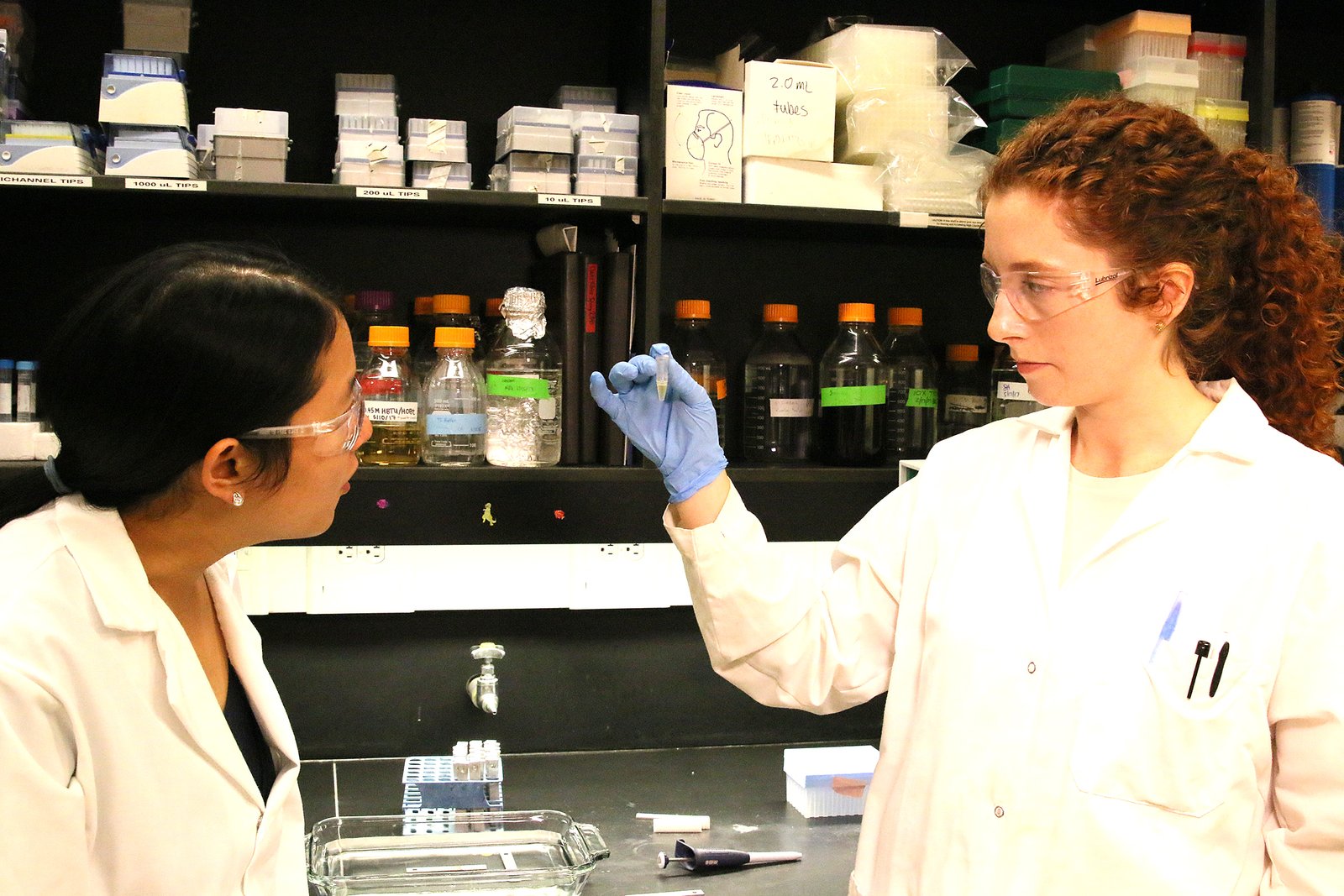
Researchers from Purdue University have created a new adhesive material called ELY16, an “elastin-like polypeptide,” or ELP.
It contains elastin, a highly elastic protein found in connective tissue, and tyrosine, an amino acid. The ELY16 was modified by adding the enzyme tyrosinase, converting tyrosine into the adhesive DOPA molecule and forming mELY16.
A non-toxic glue modeled after adhesive proteins produced by mussels and other creatures has been found to outperform commercially available products, pointing toward potential surgical glues to replace sutures and staples. Glues for medical applications must be non-toxic and biocompatible, as well.
Both ELY16 and mELY16 are not toxic to cells and work well under dry conditions. Modification with DOPA increases adhesion strength in highly humid conditions. Moreover, the modified version is “tunable” to varying environmental conditions and might be engineered to match the properties of different tissue types
Julie Liu, an associate professor of chemical engineering and biomedical engineering at Purdue University said, “Sutures and staples have several disadvantages relative to adhesives, including patient discomfort, higher risk of infection and the inherent damage to surrounding healthy tissue,”
“Current biomedical adhesive technologies do not meet these needs. We designed a bioinspired protein system that shows promise to achieve biocompatible underwater adhesion coupled with environmentally responsive behavior that is ‘smart,’ meaning it can be tuned to suit a specific application”, added Julie
Current FDA-approved adhesives and sealants exhibit toxic characteristics, some can only be applied topically because they degrade into carcinogenic products; some are derived from blood sources and carry the potential for blood-borne pathogen transmission such as hepatitis and HIV; and others cause inflammation and irritation.
“More important, however, is that most of these adhesives do not possess sufficient adhesion in an excessively wet environment and are not approved for application in wound closure. In fact, many of these materials specifically advise to dry the application area as much as possible. To our knowledge, mELY16 provides the strongest bonds of any engineered protein when used completely underwater, and its high yields make it more viable for commercial application compared to natural adhesive proteins,” she said. “So it shows great potential to be a new smart underwater adhesive”, Liu added




